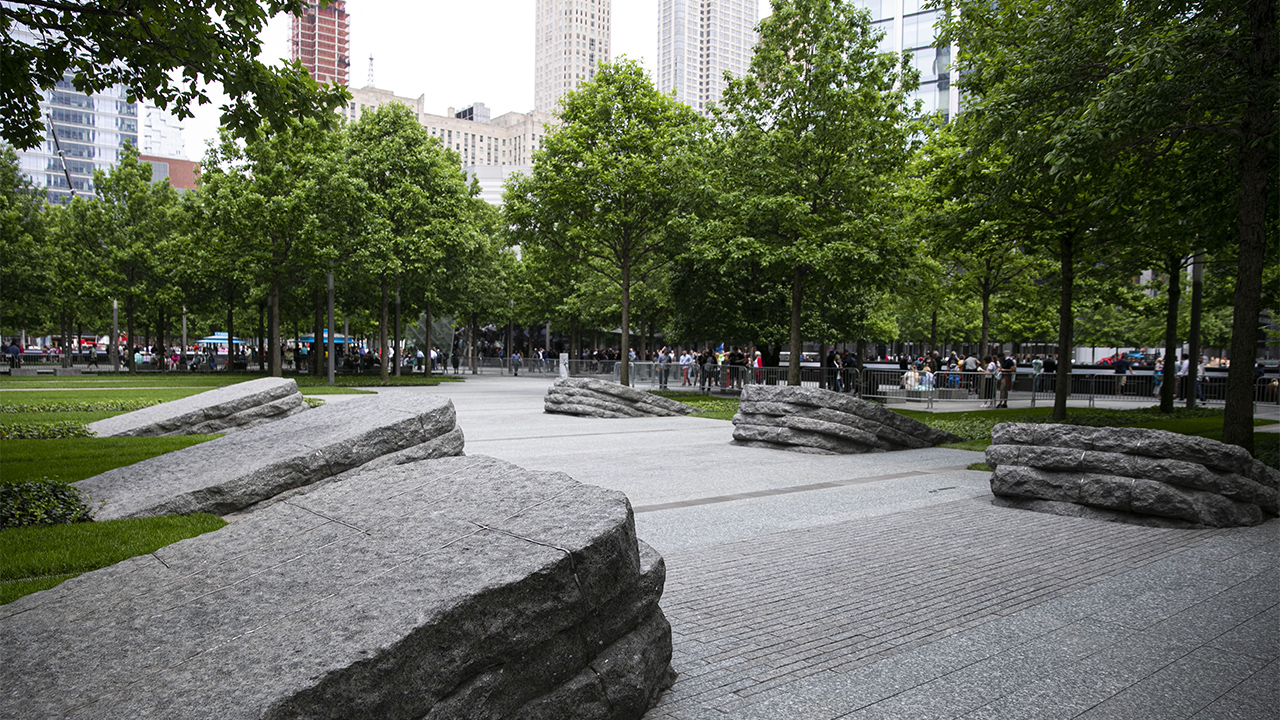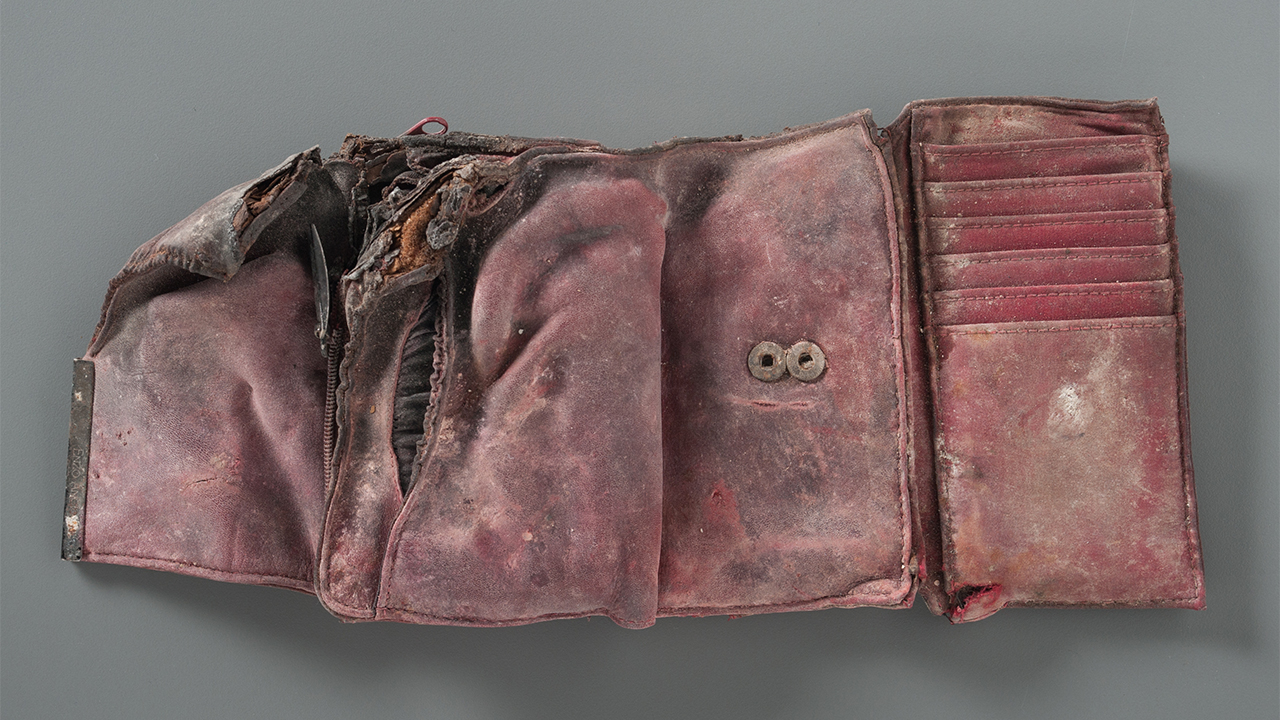Make a donation to the museum
WTC Health Program
In the aftermath of the attacks, thousands of rescue, recovery, and relief workers were exposed to hazards and toxins at the World Trade Center site. Below are links to resources, services, and scientific research about the ongoing health effects.
The World Trade Center (WTC) Health Program is a limited federal health program administered by the National Institute for Occupational Safety and Health, part of the Centers for Disease Control and Prevention in the U.S. Department of Health and Human Services and is authorized through 2090. The Program provides no-cost medical monitoring and treatment for certified WTC-related health conditions to those directly affected by the 9/11 attacks in New York, the Pentagon, and in Shanksville, Pennsylvania.
The WTC Health Program was established by the James Zadroga 9/11 Health and Compensation Act of 2010. In 2015, the Program was reauthorized until 2090.
As of December 2022, nearly 130,000 individuals were enrolled in the WTC Health Program, and live in all 50 states. Tens of thousands are sick and, according to officials, nearly 7,000 people enrolled in the program have died.
Learn more about the WTC Heath Program, including how to apply and what they cover.
Additionally, the Health Effects of 9/11: An Online Exhibition, was developed by the WTC Health Program in partnership with the David J. Sencer CDC Museum. The exhibition examines the ongoing health effects linked to 9/11 exposures and the emergence of WTC-related health conditions. It also explores the events and advocacy that established the WTC Health Program and research achievements that have led to improvements in medical treatment and knowledge. Explore the exhibition.
9/11 Memorial Glade

The Glade honors those who are sick or have died from exposure to toxins in the aftermath of 9/11.
Give to the Collection

The Museum is actively acquiring materials for its collection that help illuminate personal experiences during and after September 11, 2001 and February 26, 1993.